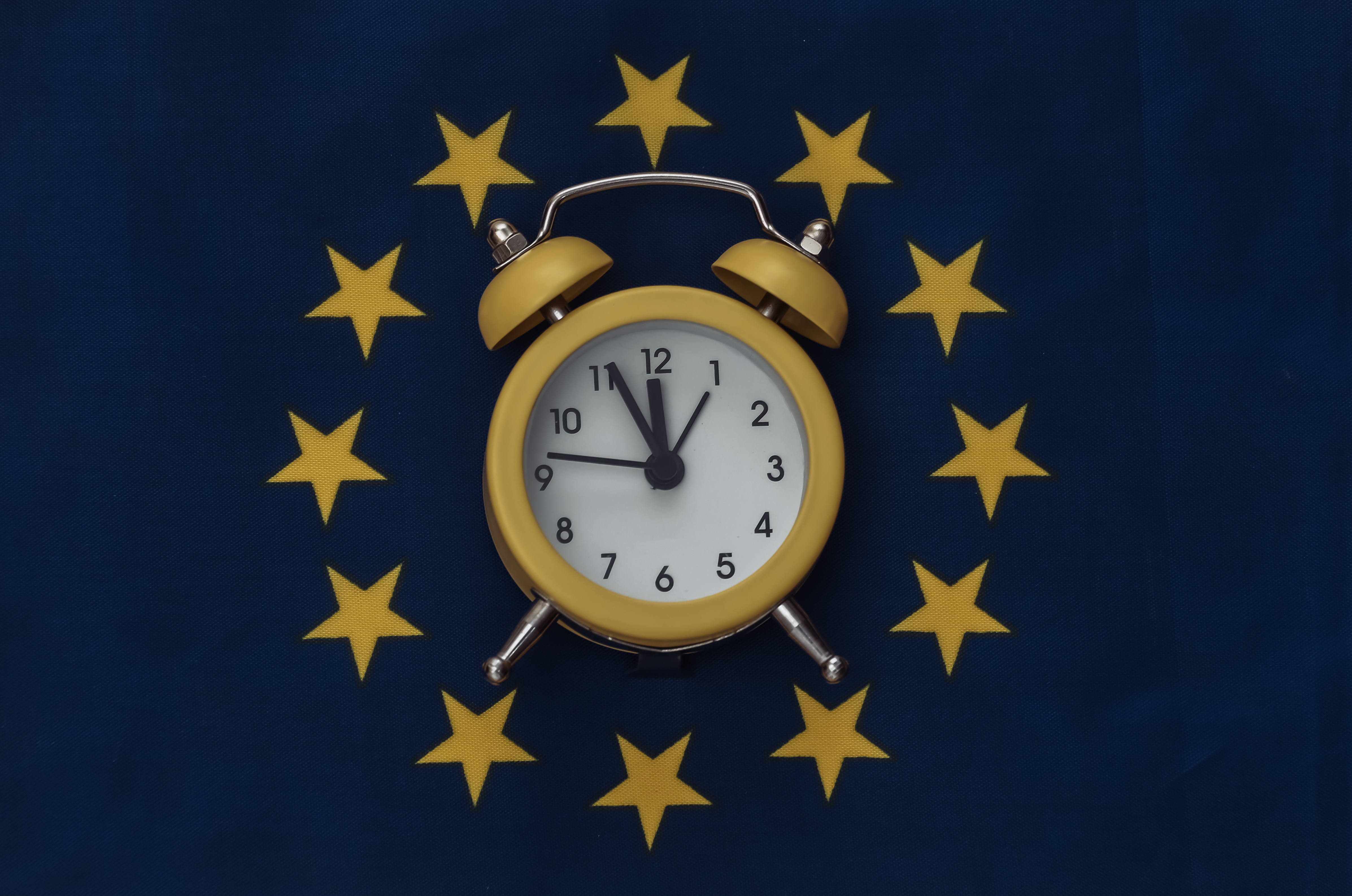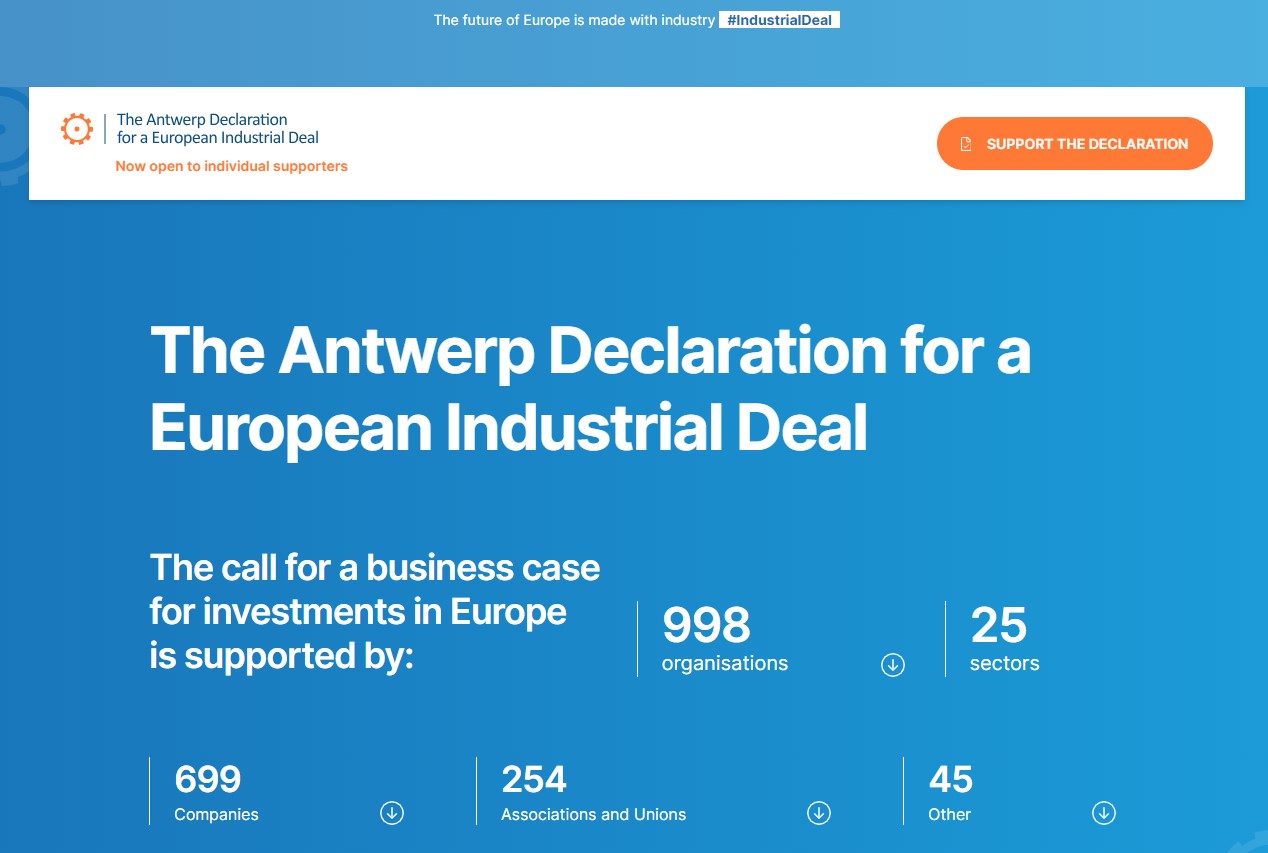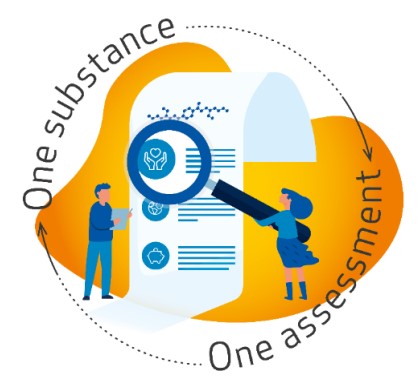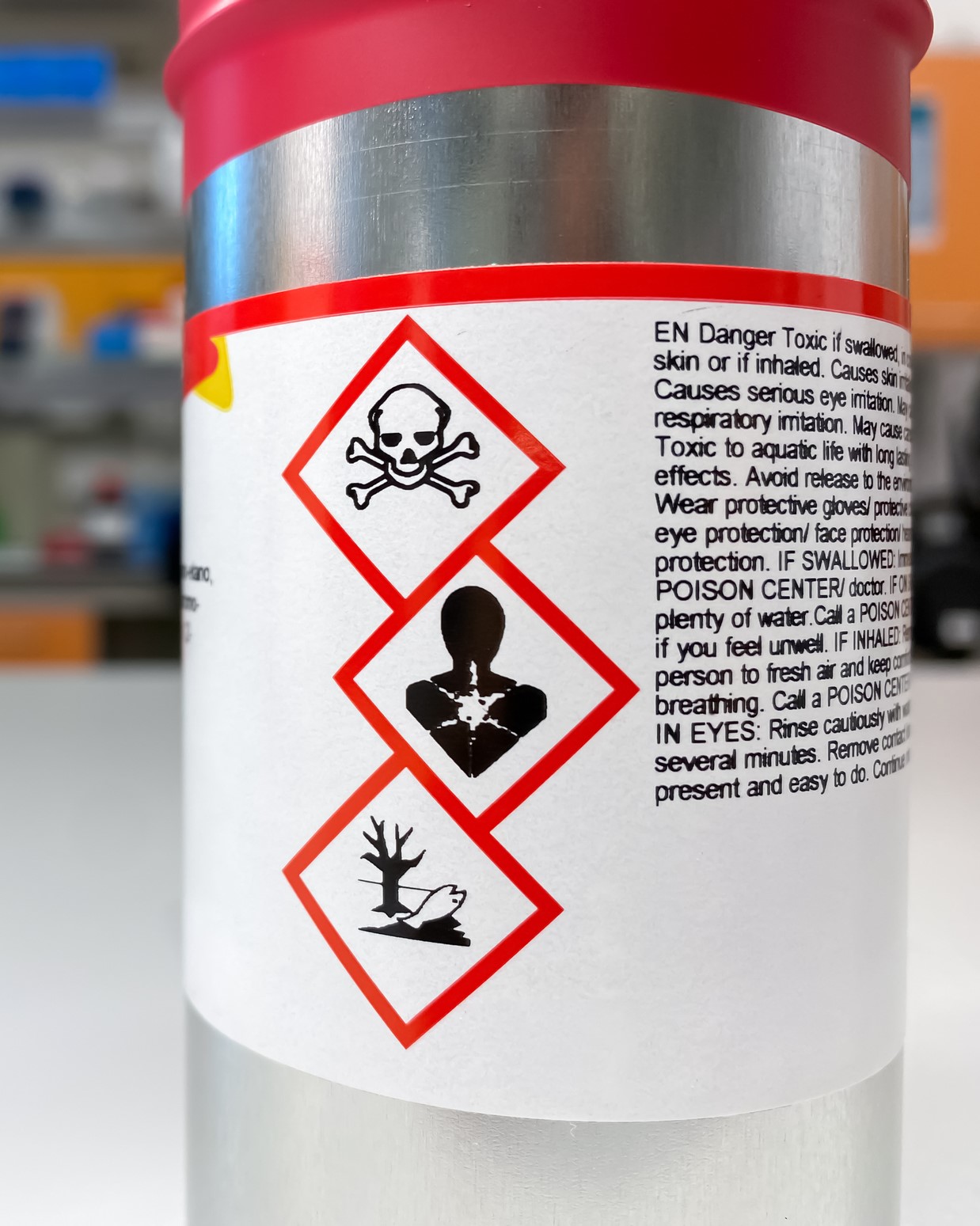


EFCC's position on the revision of the REACH Regulation
The European Federation for Construction Chemicals has published its responses to questions raised by the European Commission during the 53rd CARACAL meeting. This paper outlines EFCC's positions on key aspects of the REACH revision, including reducing administrative burdens, ensuring science-based and risk-based regulatory approaches, and improving enforcement and competitiveness. EFCC emphasizes the importance of preserving REACH’s high safety standards while ensuring the system remains efficient, predictable, and supportive of innovation and industry needs over the next two decades.
EFCC’s Manifesto for the EU legislative term 2024-2029 - Constructing a Sustainable and Competitive Future for Europe’s Construction Sector
As newly elected and appointed European policymakers take office, we, the European Federation of Construction Chemicals (EFCC), present the key priorities that we think could support a successful transition to a thriving, competitive, and sustainable construction sector.
Open letter to legislators on finding solution to the housing crisis
Today EFCC joined Construction 2050 Alliance in the discussion on the the critical situation in housing in Europe that has a negative impact on the construction industry. The roundtable discussion was hosted by the Urban Intergroup of the European Parliament. EFCC is one of the signatories to an open letter from the Construction 2050 Alliance, which advocates for action to be taken at the European level as the crisis affects the whole Europe. The letter was released at the time of the event.
EFCC joined the signatories to the Antwerp Declaration
EFCC has joined the signatories to the Antwerp Declaration for a European Industrial Deal, launched in February 2024. The Antwerp Declaration calls for a ‘comprehensive action plan to elevate competitiveness as strategic priority and create the conditions for a stronger business case in Europe’. It is requested to be the first big policy initiative of the new European Commission which would complement and reinforce the European Green Deal and create clarity, predictability, and establish a targeted industrial policy.
Position on the proposal for a Regulation on a common data platform on chemicals
EFCC together with DUCC members expressed its support for the main objective of the OSOA approach presented under the Chemicals Strategy for Sustainability (CSS) to improve the efficiency, effectiveness, coherence, and transparency of issuing safety assessments of chemicals across different pieces of EU legislation. EFCC also welcomes the legislative proposal regarding the establishment of a Common Data Platform on Chemicals (CDPC) and takes the opportunity to express its concerns regarding the scope and definitions, study notifications, as well as confidentiality and data management in response to the EC public consultation.
Reiteration of the major negative impact on industry of the current CLP proposal regards minimum requirements for labelling
As a follow-up of the industry cross sector group letter of 5 September 2023, today industry released a new joint letter to reiterate the major negative impact on industry of the current CLP proposal as regards minimum requirements for labelling. In the new letter industry invites legislators to keep an open mind going in the trilogue discussions regarding minimum font size requirements.
EFCC position on the European positive list under the Drinking Water Directive
Today EFCC submitted its position in reply to the public consultation on the delegated act that supplements the Drinking Water Directive and that lays down the procedure for amending the European positive list of starting substances, compositions or constituents to be used in the manufacture of materials or products intended to be in contact with drinking water. EFCC is concerned that the increased data collection and analytical requirements planned to be required for the positive listing will put a significant burden of the manufactures and downstream users. In addition to this, EFCC considers that neither the DWD nor this implementing act provide sufficient protection for the shared data and confidential business information and as such is not protecting the intellectual property of the European economic operators. As downstream user formulators we fear that the number of applicants for the positive listing will be very limited resulting in a lack of substances available for drinking water materials after 2025. This would lead to a significant reduction of construction products available for drinking water installations which could put the distribution of the drinking water to European consumers via the pipe systems at risk.
EFCC joins cross-sector call for a rethink regarding CLP revision
EFCC together with several industry federations calls for urgent dialogue and a rethink regarding CLP Revision. We focus on three key aspects that will have a major negative impact on industry and the environment: - he new 6-month timeline for label updates instead of the 18 months transition period provided in Adaptation to Technical Progress (ATP) to CLP for harmonised classifications to become mandatory - the tabled amendment within the European Parliament to prohibit environmental claims on mixtures classified as hazardous or carrying supplemental labelling - the proposed requirement of a minimum font size - we suggest to follow ECHA’s guidance of 1.2mm x-height as the minimum font size